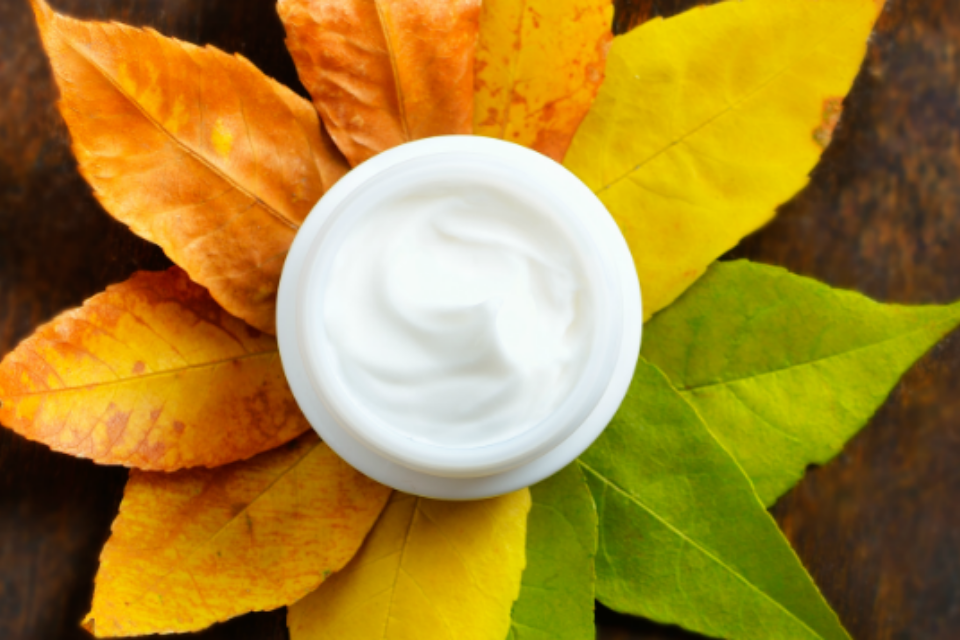 The various seasons present different challenges to your skin. We’ll focus on each season and the unique conditions to which your skin adapts. By anticipating climate changes, you can get your skin in top shape for whatever comes!
The various seasons present different challenges to your skin. We’ll focus on each season and the unique conditions to which your skin adapts. By anticipating climate changes, you can get your skin in top shape for whatever comes!
Winter
Contrary to what you might think, winter is the season best known for skin dehydration. Low temperatures and wind can hasten evaporative loss off your skin’s surface. The result is a flaring of dehydration-related conditions like eczema and keratosis pilaris. Thicker, ceramide-based emollients are perhaps the best intervention you can make here. Ceramides are natural lipids found within the epidermis and these lipids are at an all-time low during the winter months. Replace these lipid losses frequently with twice daily application of a ceramide moisturizer to insure that water stays within your skin.
Spring
As the weather gets warmer, viral-related skin conditions surge. Viruses that cause the common cold, like rhino-virus and coxsackie virus, create lots of stuffy noses, but they can also result in a full body rash that can last several weeks. Frequent hand washing is your best defense against viral contagion. UV exposure picks up here, so remember to include UV protection of SPF 30 or higher even on days with spring showers. As sun exposure becomes more intense, you’ll also want to make sure your products contain anti-oxidants to scavenge free radicals caused by sun exposure.
Summer
UV exposure reigns supreme from June through August. Make things easier on yourself by incorporating SPF 30 or higher within your daily moisturizer – that way you’ll never forget. Bacterial and fungal infections rise during the summer months as the skin’s average temperature rises from higher humidity and increased perspiration. If you notice armpits and groin always sweaty, try a drying powder that can be a valuable preventative measure against pathogens in the area.
Fall
An abrupt change in temperature causes many of my eczema patients to flare during autumn. Catching flares early with a mild topical steroid is the best insurance these don’t get out of hand or become secondarily infected. Moisturizers still remain the mainstay of eczema prevention – dehydration is the first step in any inflammatory pathway. Acneiform conditions such as rosacea and adult acne may flare because of the abrupt decrease in ultraviolet rays that ordinary suppress these conditions. Combat new outbreaks with spot treatments that contain benzoyl peroxide to rapidly shrink emerging pimples and kill the causative bacteria within them.